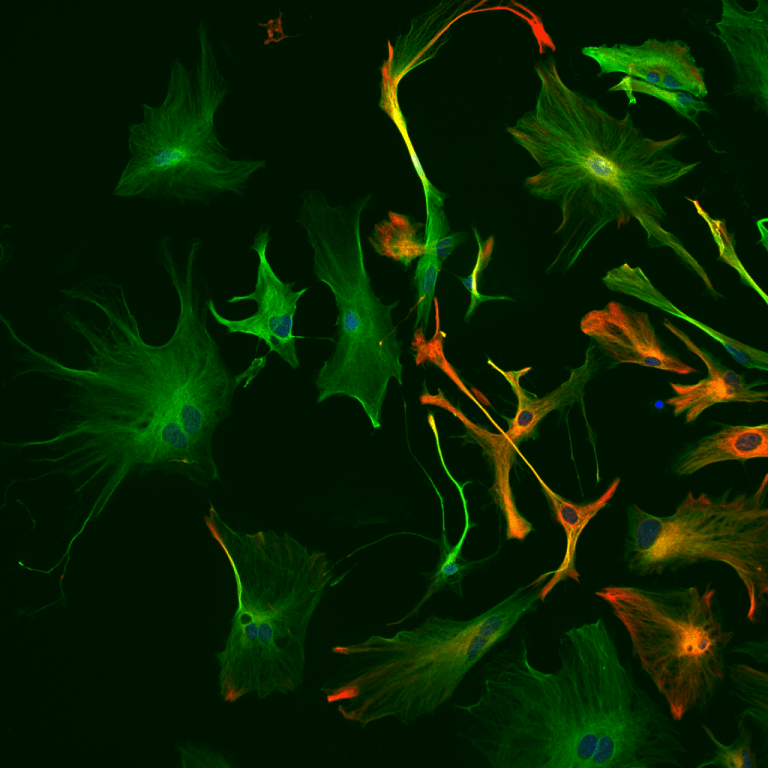Professor of Pediatrics, Genetics and Neurology
Research Interests
My main interest involves lymphocyte migration to the central nervous system (CNS) and cell-mediated factors underlying demyelination and axon injury, including cytokines, chemokines and free radicals. I employ a mouse model of relapsing/remitting inflammatory CNS demyelination (experimental allergic encephalomyelitis) in these studies. Using information gained through all of these studies, my goal is to modulate the pathogenic lymphocytes in the mouse model, and eventually in humans with MS, to prevent CNS injury. My laboratory is also interested in the role of B lymphocytes in MS, and is near completion of a clinical trial using B cell depletion in MS patients who have not responded optimally to standard therapies alone.
Professional Education
- BSc: Honors, University of Sheffield, UK, 1986
- PhD: University of Bristol, UK, 1990
Affiliations
- Neurology
- Genetics and Genomic Medicine
- Patient Oriented Research Unit
- Genetics

Cooper Lab
We are investigating the disease mechanisms that underlie lysosomal storage disorders, and use this information to devise new experimental therapies. This work focusses upon the Neuronal Ceroid Lipofuscinoses (NCLs, or Batten disease). These are profoundly neurodegenerative disorders that kill children, and most attention has so far focused upon neuron loss. However, we have discovered that both astrocytes and microglia are functionally compromised in these disorders and may play an active role in promoting neurodegeneration. We are now looking at the roles of glia, especially early in disease and how this differs between forms of NCL.
